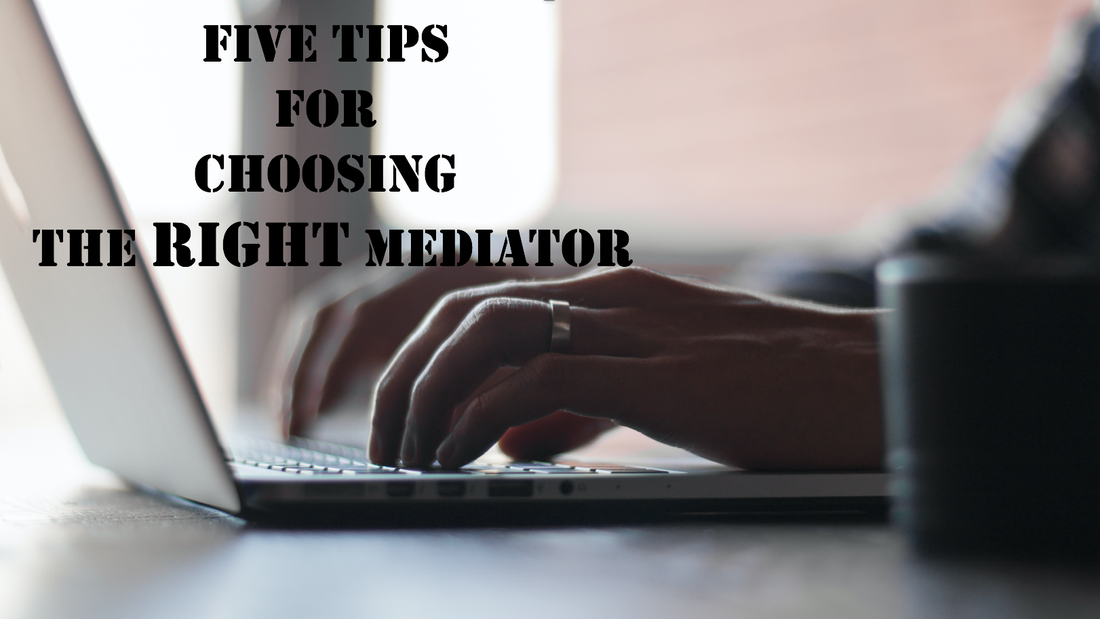|
Many people ask me what I do as a mediator and why I became a mediator after working as a lawyer. Once, at the conclusion of a court referred case that ended well, the defendant told me she could never be a mediator and wondered why I enjoyed conflict resolution. Others want to know how the mediation process works. And recently, I was asked: how do I find the right mediator? Here is what I advise:
1. Find a mediator who has these qualities, among others: • Good listening and communication skills • Focus and concentration • Empathy and compassion • Ability to maintain neutrality • Competence • Patience and perseverence • Ability to establish rapport and gain trust • Knowledge • Experience • Intelligence • Integrity 2. Make sure your mediator complies with state certification requirements Some states such as Virginia require that mediators participate in classroom training, co-mediate cases with a mediator mentor, and then mediate cases on their own while they are observed and critiqued by a mentor. Mentors evaluate mediators in training who then apply for state certification. Mediators need to be initially certified by the Virginia Supreme Court to mediate court referred cases and re-certified every two years after proving that they have completed a number of credits of continuing mediator education and mediated a certain number of cases per two year term. 3. Interview several mediators Ask: What is your mediation style -- facilitative, evaluative, transformative? How much experience do you have? How many cases have you mediated? What type of training did you complete? Do you participate in continuing mediator education? What is your educational and professional background? What type of cases do you handle? How do your written agreements reflect the decisions made in mediation? How do you typically work with your clients? What do you charge for professional services? 4. Is the mediator committed to the field of mediation and involved in the mediation community? Or is the mediator you find also committed to practicing law and litigating? 5. How does the mediator problem solve and trouble shoot? Does the mediator use a clear and practical approach in helping to find solutions to identified issues? Does the mediator empower the parties to work collaboratively to resolve the identified problems? Does the mediator validate feelings when emotions are running high or ignore them? Is the mediator committed to doing what is in the best interest of all parties?
23 Comments
|
AuthorEllice Halpern, J.D., is a Virginia Supreme Court certified general and family mediator. Archives
June 2024
Categories |
Copyright © 2015 www.littlefallsmediation.com


 RSS Feed
RSS Feed